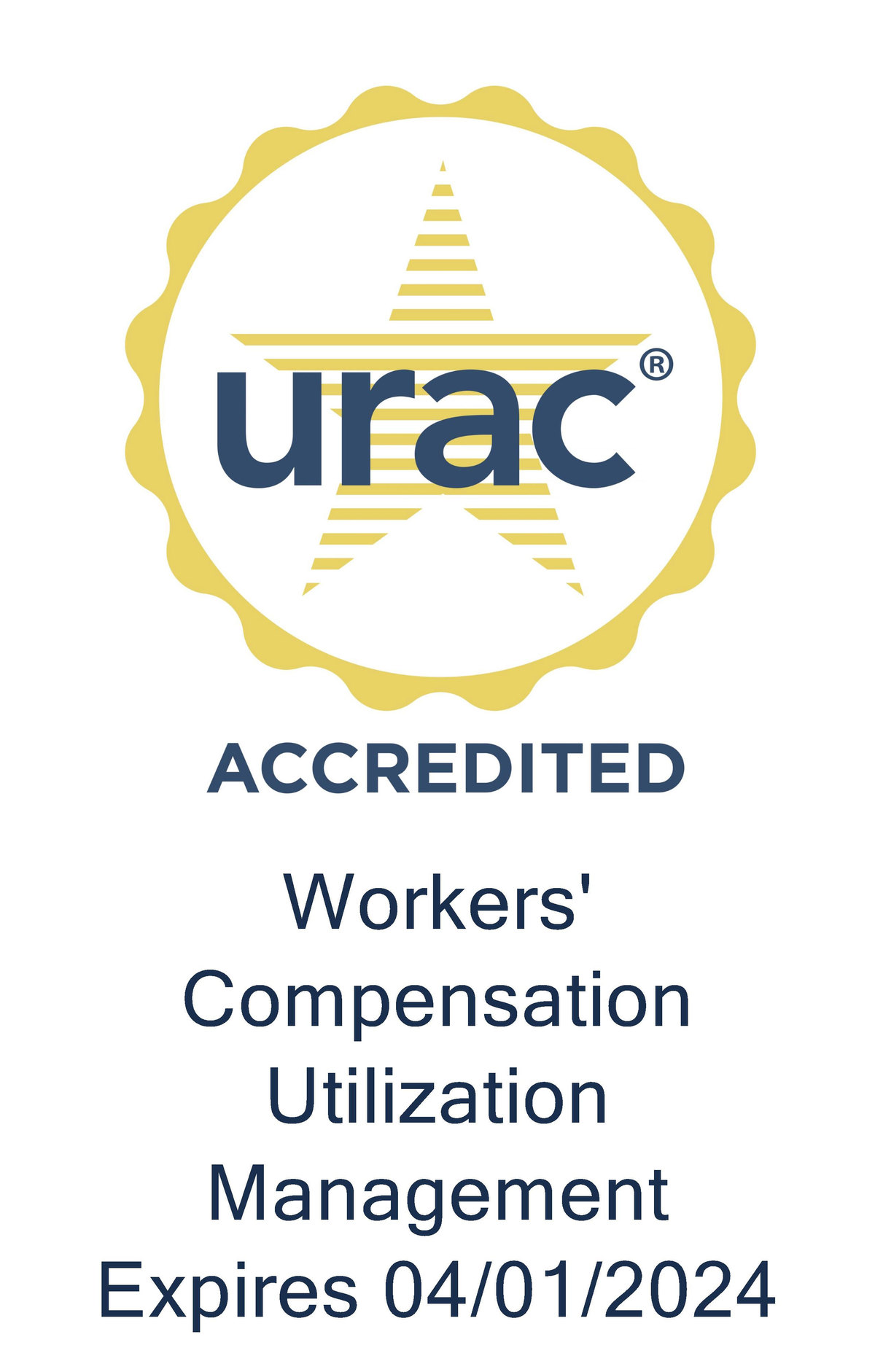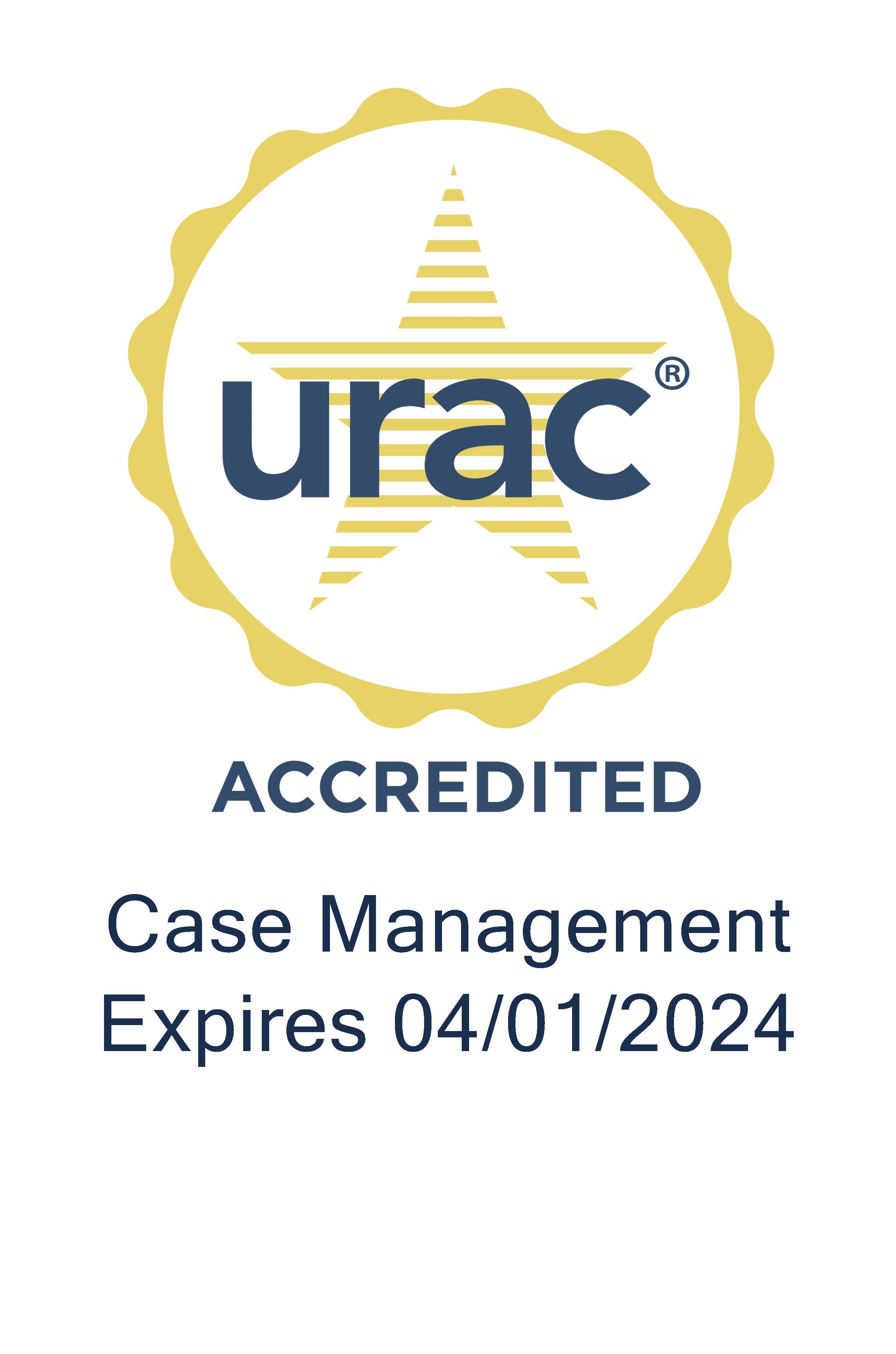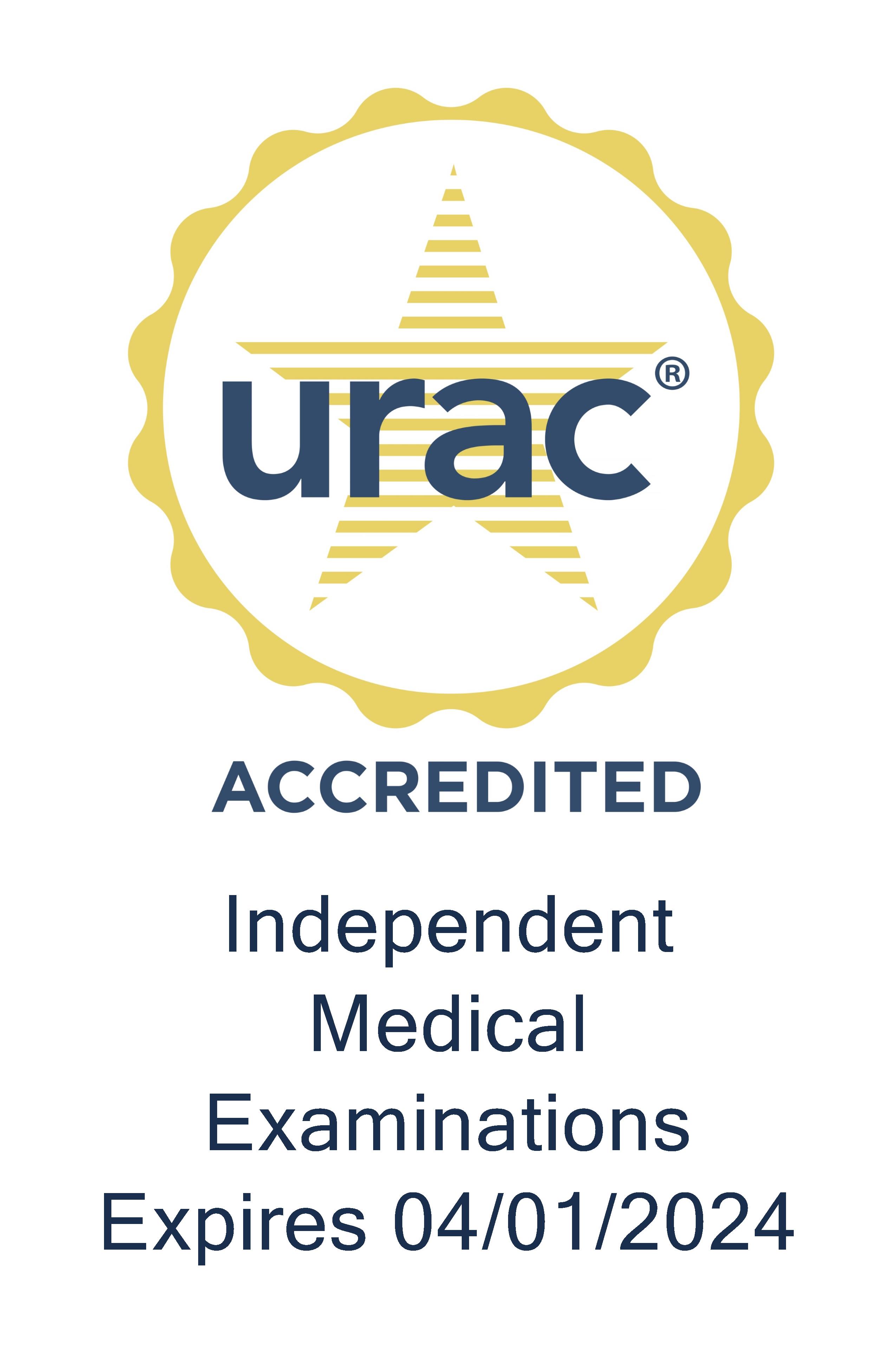Who Will Fill the Void? Recruiting Younger Workers’ Comp Professionals
As a mature industry, workers’ comp will have significant employment holes to fill as more professionals begin to retire. How do we make the workers’ comp industry more appealing to millennials? Debbi Bromley, Senior Vice President, Human Resources, gives her insight.
{{ script_embed('wistia', 'mxulnxyidm', ' ', 'thumbnail=255px,450px,popover') }}
Tom Kerr (TK): I’m Tom Kerr. In the next few years, the insurance industry expects to lose 400,000 employees to retirement. That leaves the workers’ comp field with quite a challenge, how do we recruit younger workers, especially millennials, to the field? Today, I have human resources expert Debbi Bromley to discuss the issue. Debbi, thanks for joining us.
Debbi Bromley (DB): Nice to be here. Thank you, Tom.
TK: What attributes do millennials bring that make them a good fit for workers' comp?
DB: I think millennials get a bad rap. I really do. But I think millennials are curious, I think they're smart, I think they are engaged with the world around them. And I think as a generation, they have a lot to offer.
I think we need people that care about outcomes, that claimant, or just really want to work with a good team of people and get work done. I think millennials are a good fit for our industry. Every generation has its pros and cons, but I think this generation has a lot to offer. I truly do.
TK: There’s an old adage that no one has childhood dreams of working in workers’ comp, that we sort of fall into it. How do we get younger folks to see workers’ comp as a job opportunity earlier in life?
DB: I think insurance has that image in general. I mean, you don't really hear, "I want to go be an actuary so that nobody'll want to talk to me at a cocktail party."
TK: [laughs]
DB: You know, you don't hear things like that. When we're in school, I think it's one thing to want to learn a set of skills. You want to learn how to problem solve, and you want to learn how to communicate, and I think as we try jobs on when we're younger, we do find environments that work for us better.
And I think one of the jobs we have is to tell the story of our organization and why — if you want to make a difference, if you want to enjoy the people you work with, if you want to be stimulated every day with new ideas, if you truly want to make a change in somebody's life for the better — this is the place you may want to talk to.
And I think we have to tout those things, because when you think of the work that we do every day, it's pretty profound. We are helping people live better lives. We're bringing people back to a place where they never thought they were going to be after a workplace injury, or we're helping companies save money, or we're helping people find direction for care.
TK: So what generational challenges do workers’ compensation managers face in recruiting younger people into the profession?
DB: I would tell you that when I started in the work world if you had a resume in front of you, and it had somebody who was with a company seven years, your first question was, "Why are you leaving so soon?"
Now, you look at a resume, and it says seven years, and your first question is, "Why did you stay so long?" So, that's how far we've come in just my lifetime and I think that, because this is a mature industry, I think there might be still some baby-boomer mentality around the fact that younger generations don't have the allegiance to a job or to a workplace that we did 30 years ago.
And I think in some cases, for very good reason. If you were born in the early '80s, you watched parents and friends be downsized, and you watched that loyalty kind of erode in the '80s and '90s, so why would you expect it to be the same in 2017?
So, some of it is just a mind adjustment and we have to realize that when we're hiring we're not hiring for 15 years. We might be hiring for five years. So, you then have to strategize and plan succession planning differently for your organization, for your department or your team. You have to realize that people might come and go more frequently, so you have to have a good crop of people waiting to come in.
Maybe you have to recruit differently, or you have to think about how you can energize people differently to keep them around a little bit longer. Maybe that means not linear growth — where you have a job, you're promoted to the next, you're promoted to the next — that doesn't happen so much anymore. It may be laterally. Can you get people to swap? Can you get people to learn new things and stay a little bit longer by teaching them different aspects of the world that you're in.
TK: What are the most important factors that millennials see when looking for a position in workers' comp?
DB: I think we're looking for the same characteristics. They may look a little different, but we're looking for people who want to make a difference, people who are curious, who understand that problem solving isn't “just what I know” but it's also “what can I learn?"
So, it's what I call the balance of knowledge and inquiry. And I think if we find people who come with a skill set, but are also willing to be curious, I think we'll always have the right mix of people. I don't think that's generational. I think it's just finding those people in every generation that want to approach work with that attitude.
TK: What are some strategies you use to recruit younger people into the industry?
DB: Everything is relaxed more than it was when I started out. If this were 30 years ago, we'd all be sitting here in business suits. We would not be sitting here as comfortable and as casual as we are right now.
But I think the rest of the environment, too, I think there's more of an emphasis on really enjoying the time that you spend at work. Again, when I started working so many years ago, it was about going in, putting your head down, getting something done, and going home. You couldn't bring it home with you. You didn't have that span of time, you didn't have a lot of flexibility, so your hours at work were your hours at work. Not that we didn't have a good time. but it wasn't touted, and now it's about making the workplace a little more enjoyable.
TK: Do you see this as an industry where there will be much job growth in the future?
DB: I think so. We are a mature industry, and I think there will be opportunities, especially in the next 5‑10 years. You look at the baby boomer generation, which is humongous still, and you've just got the middle baby boomers coming up to their early- to mid‑60s. So, the next 5‑10 years is going to be very matterful to the generation that's already in the workplace.
Couple that with the fact that we are in the midst of a 10‑year cycle where the number of 17‑year‑olds is decreasing. So, you've got less people going into school, so there's going to be not a lot of people following this group that's coming up behind us.
So, they're going to be in a very interesting spot. They're going to have to replace the baby boomers and hold down some entry‑level jobs, because there aren't going to need as many of those people.
I think it's going to be very interesting, and I think they're going to have to decide, you know, "How do we do that? How do we work differently?" So, they can really be the generation that reshapes this industry, among others. And I would think that that would be a challenge that a lot of them would be looking for.
TK: Thanks, Debbi. In our next Inside Workers’ Comp we'll get the latest on how data is influencing the industry. In the meantime, I hope you take time to catch up on other Inside Workers’ Comp podcasts, now available on the Apple Store and Stitcher. Until then, thanks for listening.






